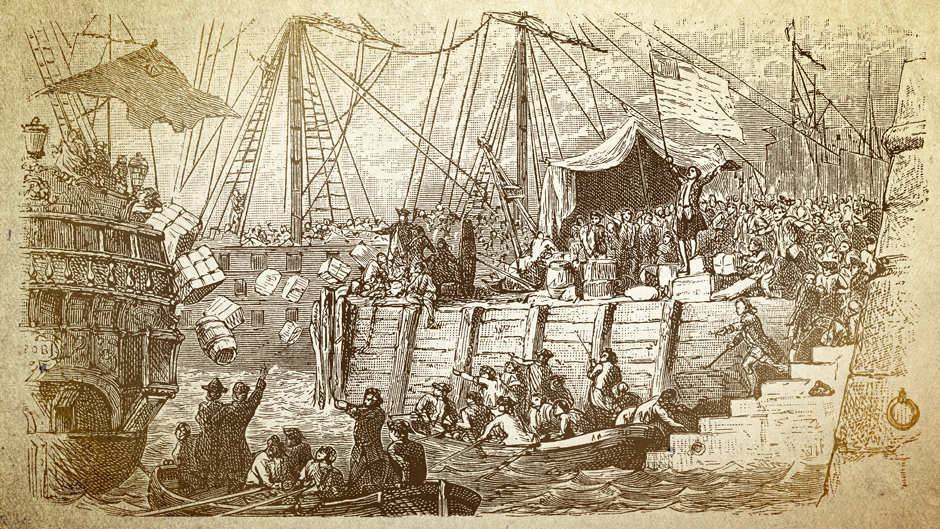The Declaration of Independence, whose adoption we celebrate on Tuesday with fanfare and fireworks, was the culmination of a long-running tax dispute that ultimately got out of hand because the disputants disagreed on a basic principle of sovereignty—Parliament’s right to tax the American Colonists.
Yet Philip Harling, a professor in the College of Arts and Sciences’ Department of History, noted that most Britons felt that Parliament clearly had a right to tax the subjects of Boston or Philadelphia in the same way that it clearly had the right to tax the subjects of Birmingham and Manchester.

Parliament was an elected assembly, but a number of large and growing cities were not yet parliamentary constituencies. Cities such as Birmingham and Manchester were no more directly represented in the British House of Commons than were Boston or Philadelphia, explained Harling, a specialist on Britain and the British Empire in the 19th century.
“But the good people of Birmingham and Manchester paid their taxes without much of a fuss,” he said. “So, many British observers could not agree with—and plenty could not even understand—the notion of ‘no taxation without representation’ that was hardening into a Colonial principle.”
Harling noted that Britons were almost certainly the most heavily-taxed people in Europe at the time of the Declaration of Independence. But part of the reason why Britons grumbled about their tax burden without openly defying it was because the British tax system was efficiently administered, and because (ironically) taxes fell on a much broader range of goods and services than they did in the American Colonies and in continental Europe. British taxes were less “visible’’—drew less attention to themselves—because they fell on so many things and so many transactions.
Harling noted too that the Declaration, which proclaimed to the world why the 13 Colonies regarded themselves as independent sovereign states no longer subject to British rule, is interesting for its insistence on blaming King George III personally for what it called the “history of repeated injuries and usurpations’’ that preceded it.
“Britons were baffled by this focus on George III, because it was the majority in Parliament that made tax policy,” Harling noted. “George III still had more power and influence than, say, Victoria did, but by 1776 it was pretty well established that it was the parliamentary majority, elected by voters, who made policy—including fiscal policy.
“So, from a British perspective, the Colonists’ argument was with Parliament not with the king. Though the king, of course, fully supported Parliament’s right to tax the American Colonies,” Harling added.
All of that said, the Declaration and the War of Independence that followed did help to foster a broader and deeper debate about sovereignty and voting rights in Britain itself. Even so, there was no significant expansion of the British electorate until 1832, the historian noted.
“It's probably fair to say that most Britons disagreed with the American Colonists on principle, but very much lamented the war, which many saw as a deeply regrettable and fratricidal conflict,” Harling said. “It was certainly bloodier and more destructive than most of us tend to suppose.”
Frictions flared again from time to time. For instance, with Redcoats marching on Washington and setting fire to the White House in 1814. But on a commercial level, at least, the Anglo-American relationship recovered surprisingly quickly. The American Republic remained an increasingly valuable trading partner, and cultural and linguistic ties between the still narrow political elites on either side of the Atlantic ended up being a powerful counterweight to lingering strategic differences, according to Harling.

